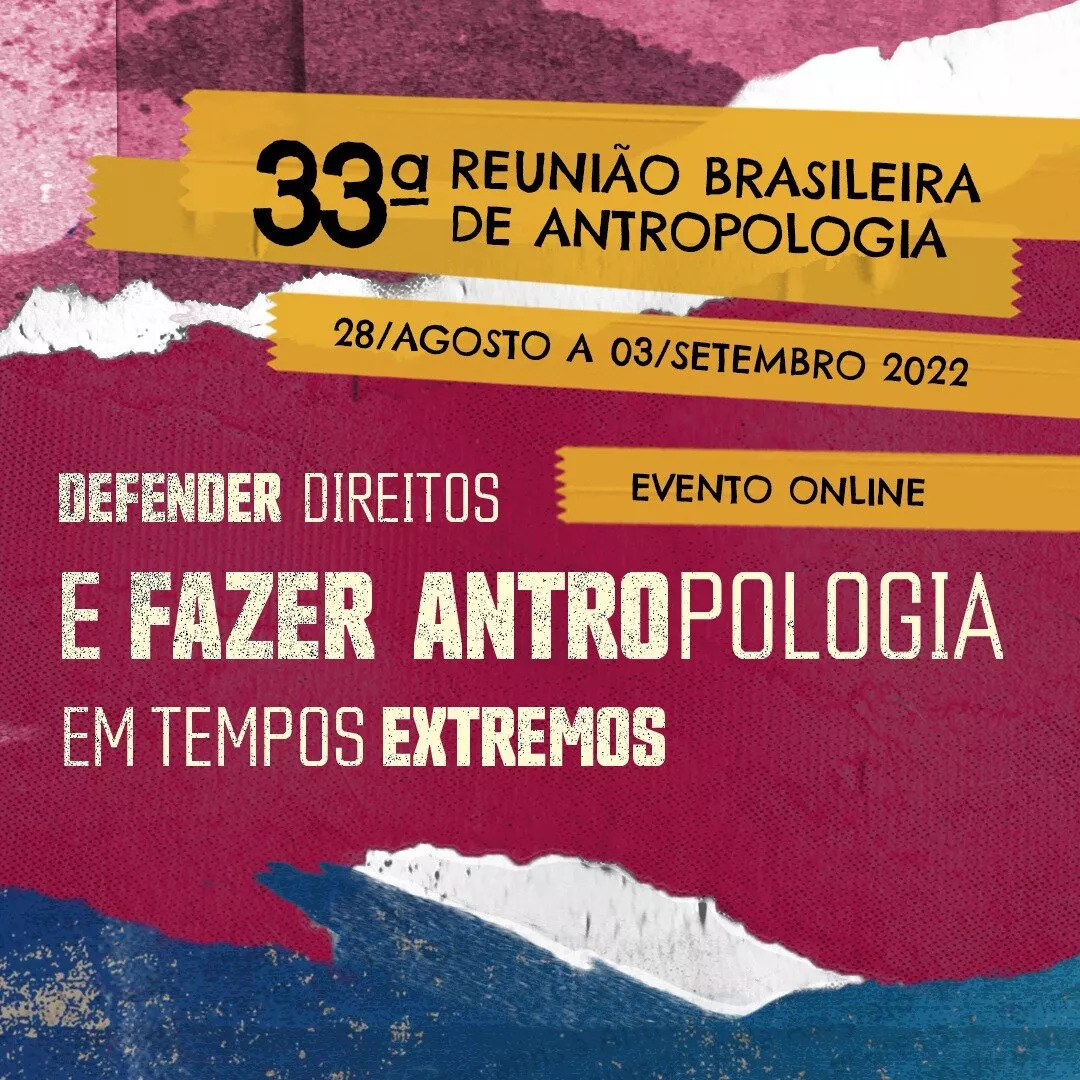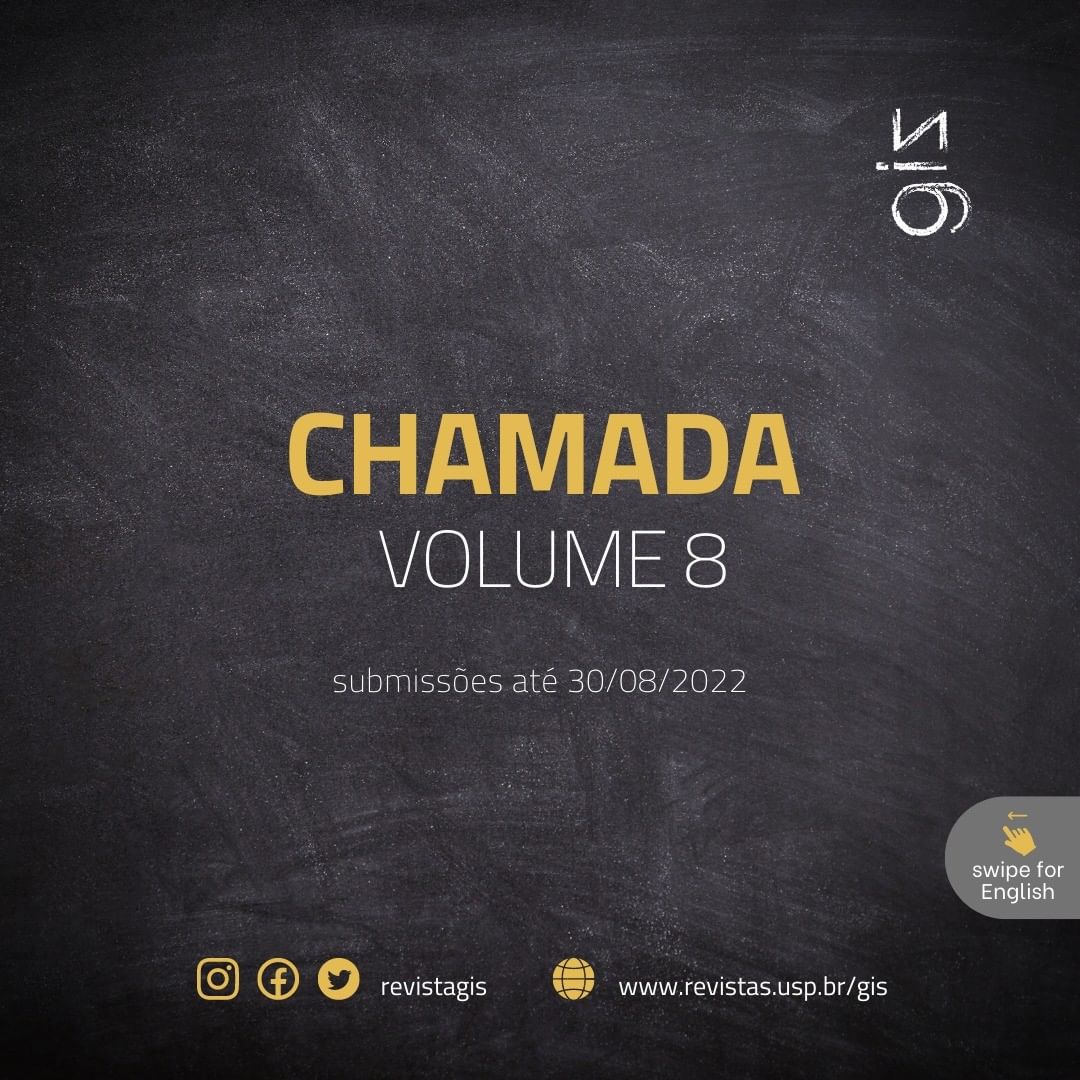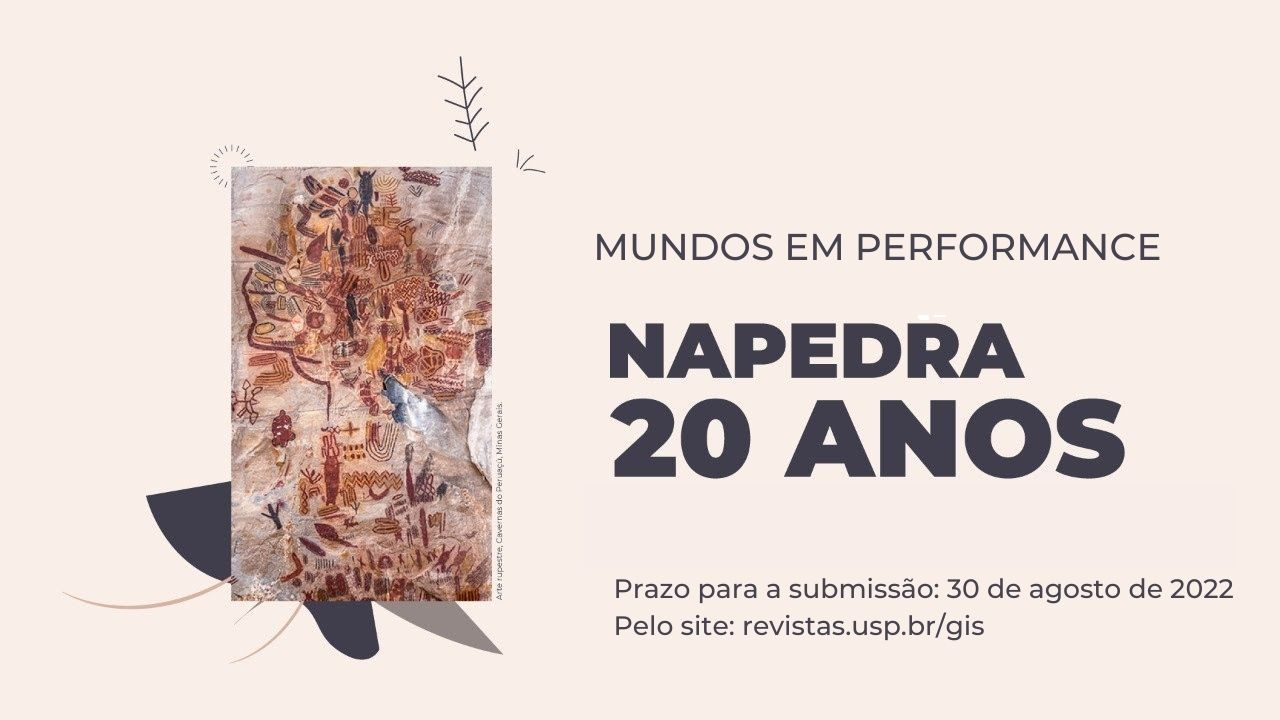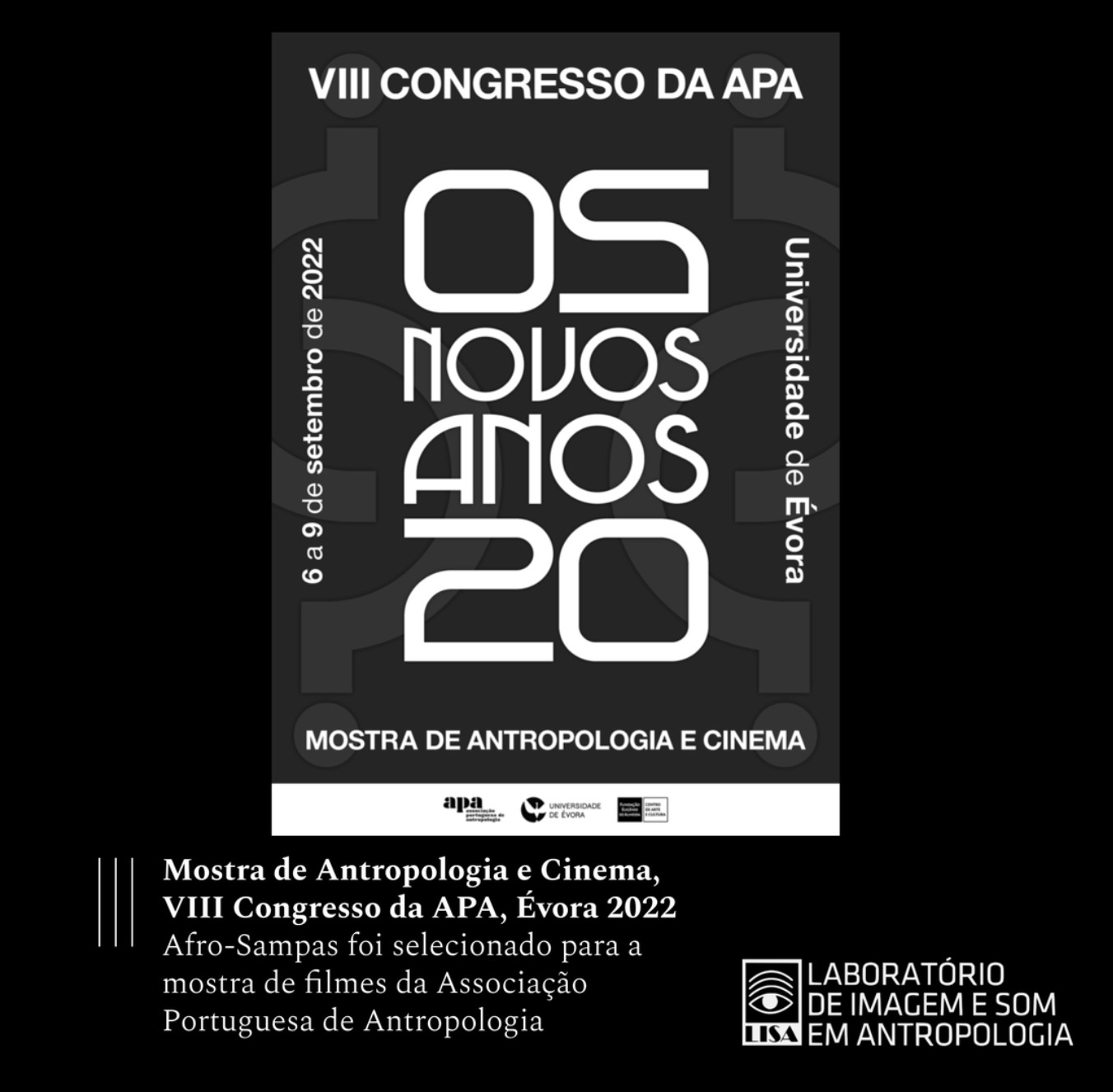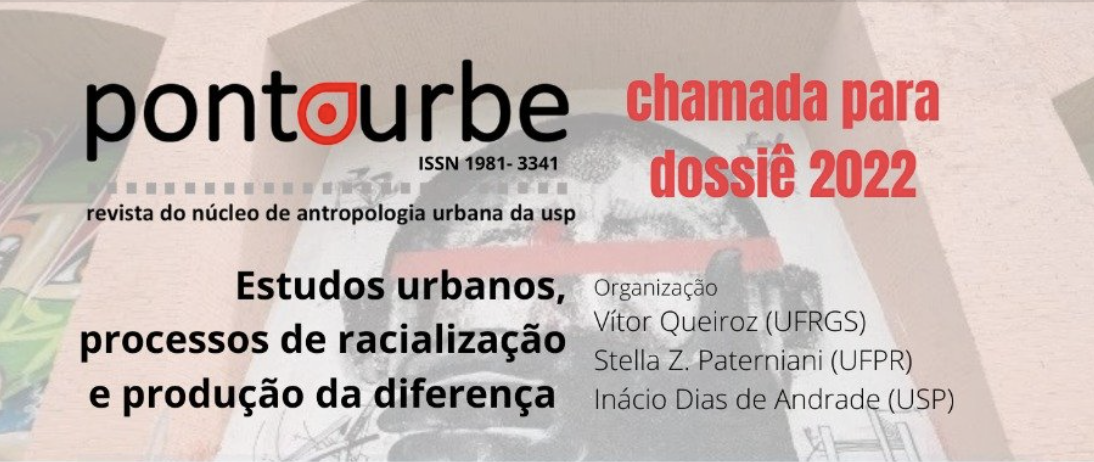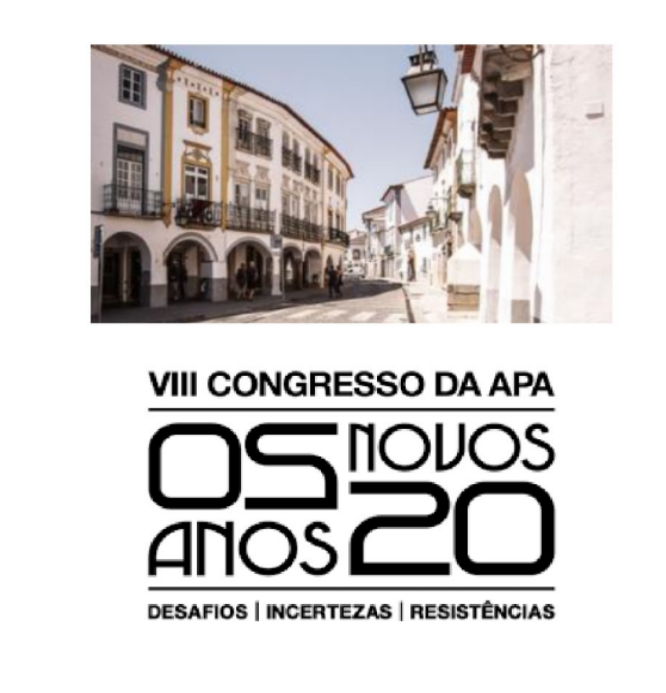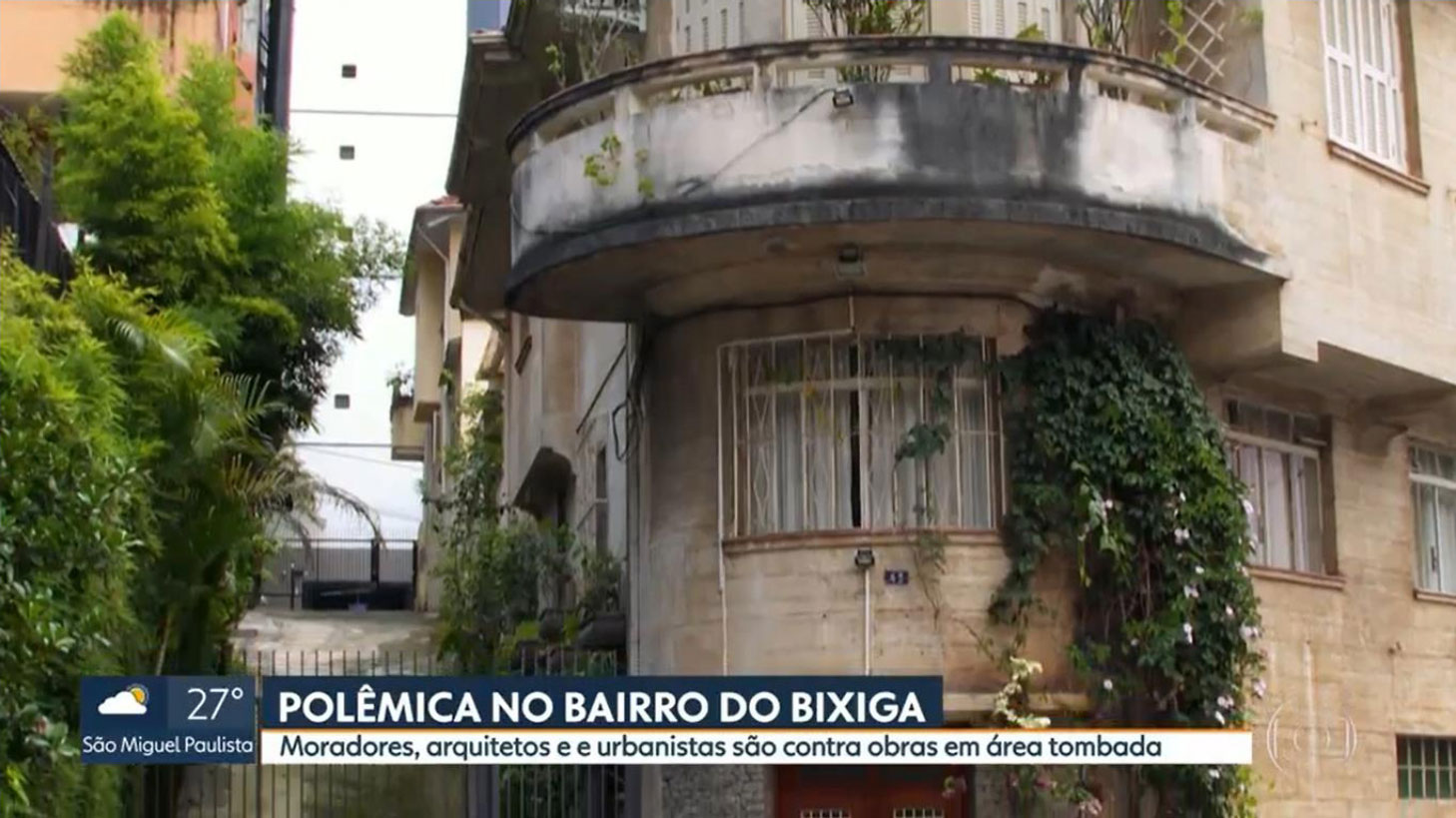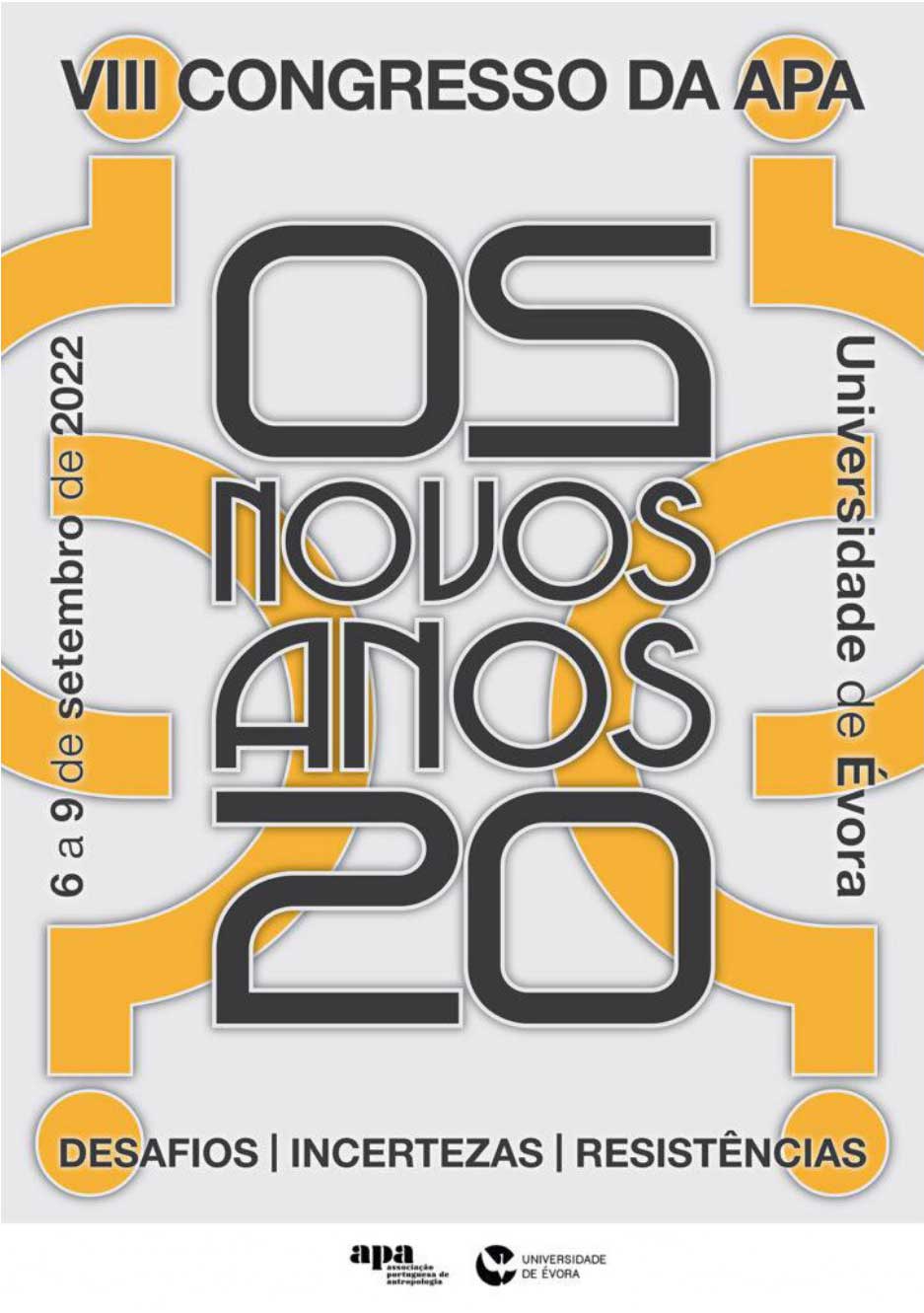News
PPGAS student Felipe Paes Piva was AWARDED, received 1st place - Lévi-Strauss Prize at the 33rd RBA - Edition 2022: Article Modality, with the article "Psychological illness in graduation and the social markers of difference: an anthropological analysis of psychic suffering at the Faculty of Philosophy, Letters and Human Sciences (FFLCH-USP)”
The seventh volume of GIS - Gesto, Imagem e Som - Journal of Anthropology of the University of São Paulo is on the air.
We invite you to visit the GIS website and learn about the articles, essays, reviews, translations and interviews published in this volume, available at:: https://www.revistas.usp.br/gis/issue/view/12129. In addition, volume 7 pays tribute to Patrícia Monte-Mór, who left us in early 2022.
Good reading!
Four films made by researchers from the Department of Anthropology and PPGAS-USP, with support from the Laboratory of Image and Sound in Anthropology (LISA-USP), were awarded at the Pierre Verger 2022, promoted by the Brazilian Association of Anthropology - ABA. Carlos Caps Drag Race, directed by Mihai Leaha during his postdoctoral work with the DA, took first place in the Medium Film category. In the same category, Afro-Sampas, directed by Jasper Chalcraft and Rose Satiko Hikiji (professor at DA) came in 3rd. place. Canto de Família, co-directed by Paula Bessa and Mihai Leaha, the result of Paula's master's degree at PPGAS USP, came in second in the feature film category. And the short Cybershota, also by Mihai Leaha, came in second in the short film category. The films competing for…
leia maisWe invite you to submit your work for volume 8 (year 2023) of Revista Gesto, Imagem e Som - Revista de Antropologia (GIS). To do so, make your submission until 08/30/2022.
Check the submission rules at: https://www.revistas.usp.br/gis/about/submissions
After this date, you will also be able to submit your work which, if approved, will be published in volume 9, year 2024.
CALL DOSSIER “WORLDS IN PERFORMANCE: NAPEDRA 20 YEARS”
Deadline for submission of works: August 30, 2022 via the website: https://www.revistas.usp.br/gis
This dossier is one of the offshoots of the Seismology of Performance: Napedra 20 Years event, held between November 22 and December 10, 2021. Created in 2001, Napedra – USP's Anthropology, Performance and Drama Center – arises from the meeting of anthropologists in search of knowledge produced in art workshops, with artists in search of knowledge associated with the craft of anthropologists. It resonates with the sounds and noises of a “performative turn” in anthropology, which began in the 1970s, and is updated in surprising ways here and now. Between the arts and…
leia maisAfro-Sampas, a film produced at LISA and co-directed by Jasper Chalcraft and Rose Satiko Gitirana Hikiji, was selected for the film show of the Portuguese Association of Anthropology. The film can be seen at https://lisa.fflch.usp.br/afrosampas
More information about the project at https://afrosampas.org
Film show website:…
leia maisThroughout the history of anthropology, the city's heterogeneity and diversity have been perceived as the driving force in the production of urban spaces and borders. The city starts to be conceived as a specific environment capable of conglomerating differences through its economic and institutional base or through identification processes. However, there is little systematization of the relational processes that lead to the production of inequalities and the crystallization of differences, and notions such as identity, culture and race have been seen as elements prior to the constitution of urban relations that establish them. Thus, although urban studies, on their most different fronts, are permeated by the meta-narratives of urbanization, modernization, development and their…
leia maisApplications for the GT "The challenge of the urban: intersections, resistances, utopias" (coordinated by Graça Cordeiro and Joan Pujadas, with Heitor Frúgoli Jr. as debater) at the next APA congress (Évora, 6-9/9/2022, https://apa2022.apantropologia.org/p045/) were expanded until 3/28/22 (…
leia maisLuís Michel Françoso (PPGAS-USP) participated in an article by SPTV (Globo) about improper construction in an urban area listed by Conpresp.
Registration is now open for the WG "The challenge of the urban: intersections, resistances, utopias" (coordinated by Graça Cordeiro and Joan Pujadas, with Heitor Frúgoli Jr. as debater) at the next APA congress (Évora, 6-9/9/ 2022, https://apa2022.apantropologia.org/p045/), whose communication must be sent by 3/18/2022, in Portuguese or Spanish, preferably (…
leia mais

